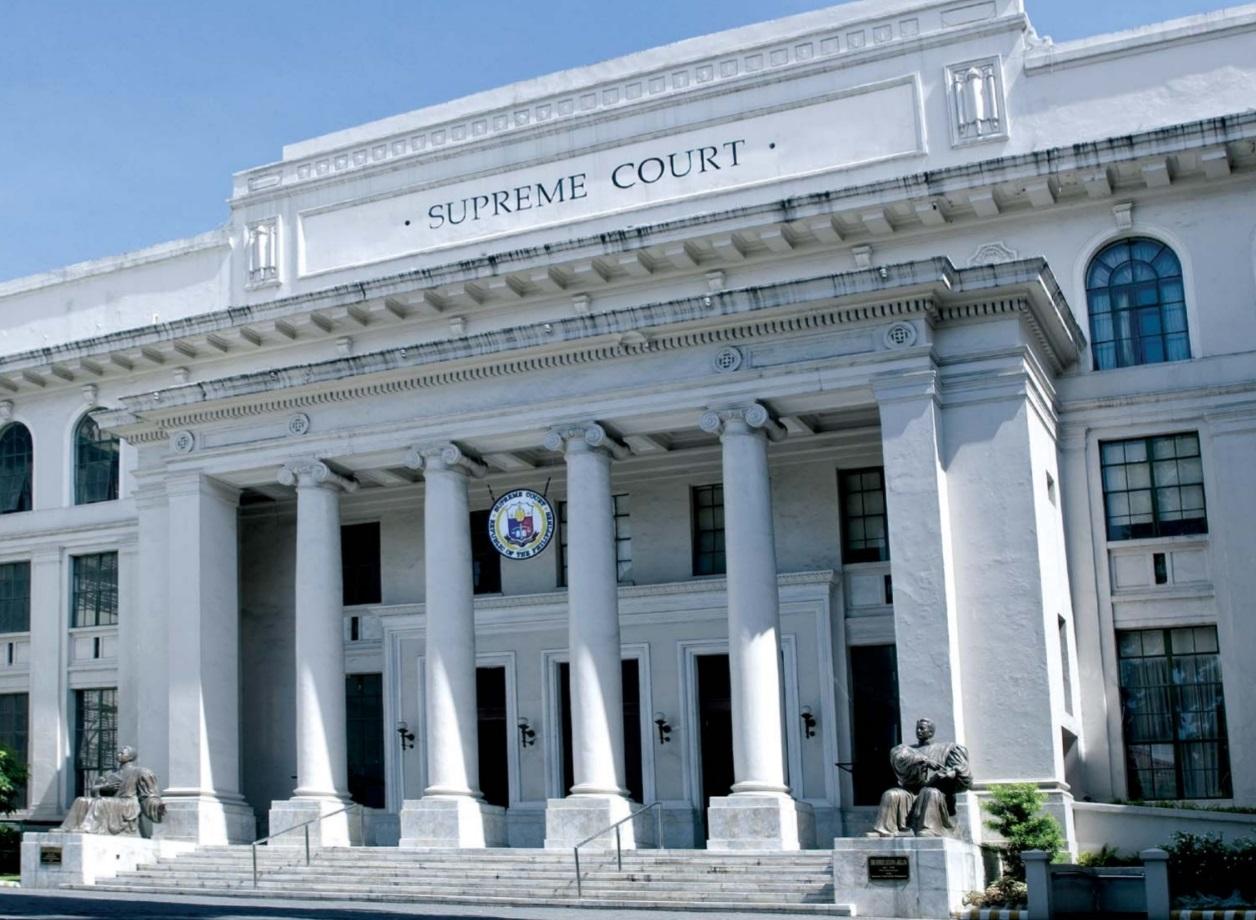SC junks petitions vs. COVID-19 issuances

The Supreme Court has dismissed various petitions challenging the constitutionality of regulations issued by the national government and local government units (LGUs) addressing the COVID-19 pandemic.
SC justices unanimously voted during its en banc session to dismiss three consolidated petitions against the Inter-Agency Task Force for the Management of Emerging Infectious Diseases in the Philippines (IATF) and other LGUs for violation of the hierarchy of courts.
The IATF is the government's policy-making body in addressing the COVID-19 threat.
“[T]he resolution of the issues raised therein required the determination and adjudication of extremely technical and scientific facts that necessitates the conduct of a full-blown proceeding before a court of first instance,” the Supreme Court said.
According to the high court, the petitioners assailed numerous issuances of the IATF, the Metropolitan Manila Development Authority, the Department of the Interior and Local Government, the Department of Education, the Department of Health, and Makati City.
Among these were IATF Resolution 148-B which orders establishments to require their eligible on-site employees to take RT-PCR tests every two weeks at their own expense.
The petitioners had argued that the issuances violated their right to life and liberty without due process of law, constituted an impartment of their right to travel, and infringed on the equal protection clause.
However, the Supreme Court said the petitions should have been filed before a lower court.
In May, the World Health Organization (WHO) declared that COVID-19 is no longer a global health emergency.
The WHO's emergency committee first declared that COVID-19 represented its highest level of alert more than three years ago, on Jan. 30 2020. The status helped focus international attention on a health threat, as well as bolstering collaboration on vaccines and treatments.
Lifting it is a sign of the progress the world has made in these areas, but COVID-19 is here to stay, the WHO has said, even if it no longer represents an emergency.
In the Philippines, Health Secretary Teodoro Herbosa earlier said that only a formal order from President Ferdinand "Bongbong" Marcos Jr. is needed to lift the COVID-19 public health emergency in the country.
In March 2020, then-President Rodrigo Duterte declared a state of public health emergency in the country amid the onset of the COVID-19 pandemic.
Under Proclamation 922, the state of public health emergency would remain in force and effect until lifted or withdrawn by the President.
As of latest data from the Department of Health (DOH), the Philippines has 4,168,722 COVID-19 cases, of which 6,132 remain active while 4,096,091 have recovered.
The country’s death toll increased to 66,499, adding five new deaths.
National Capital Region (NCR) had the highest number of cases in two weeks, with 1,003, followed by Central Luzon with 726; Calabarzon with 565; Western Visayas with 426; and Cagayan Valley with 361.
Among the cities and provinces, Quezon City recorded the most new cases in the past 14 days with 255, followed by Iloilo province with 183; Cavite province with 176; Bulacan province with 166; and Cagayan province with 153. —KBK, GMA Integrated News




